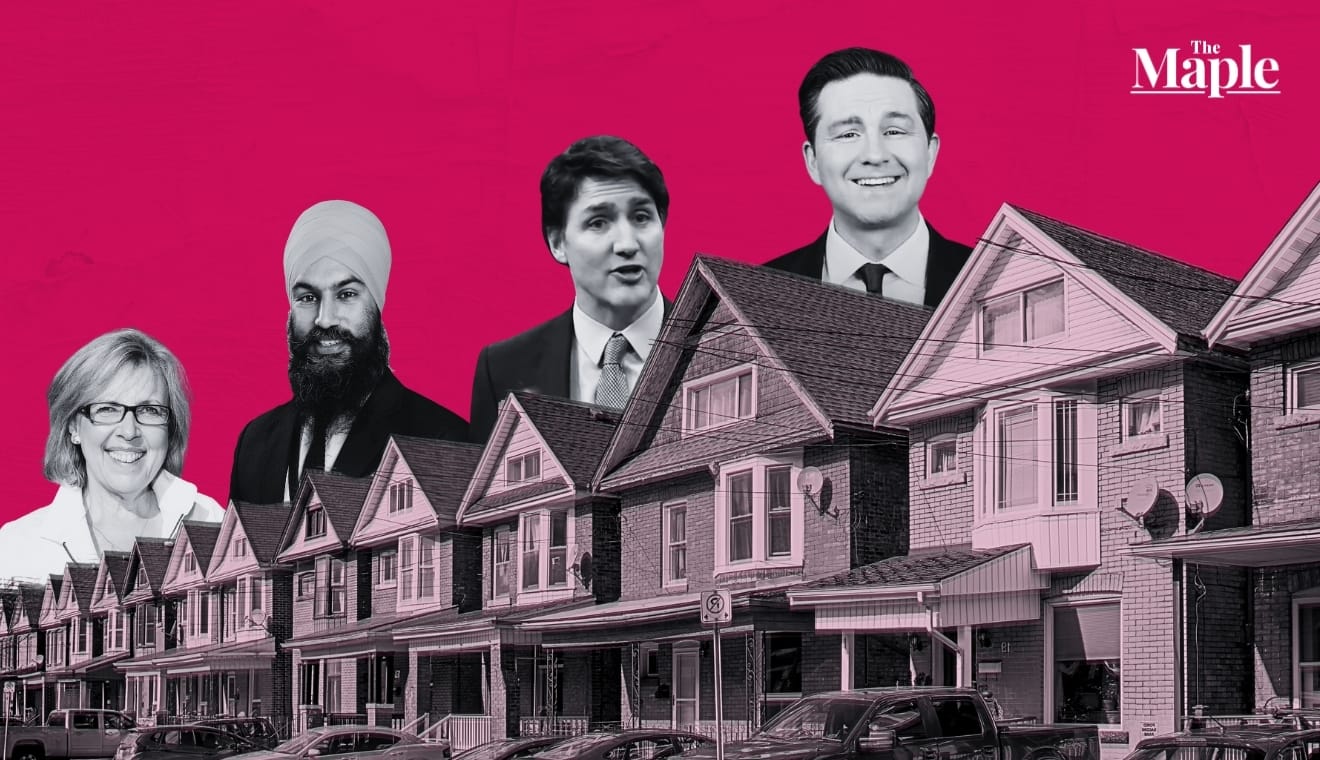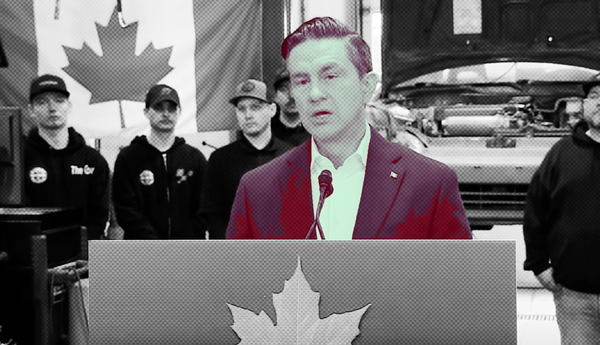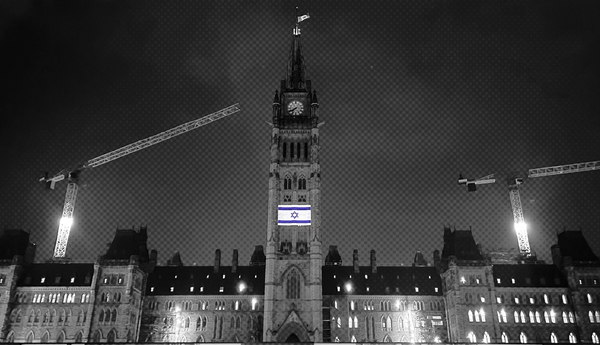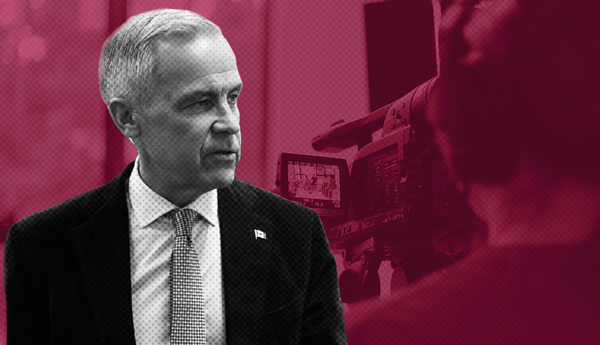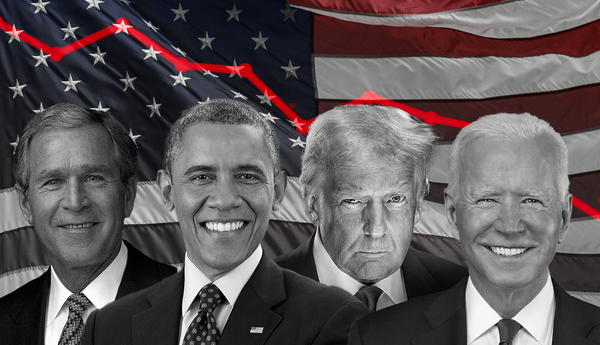Four of the leaders of Canada’s five parties in Parliament are landlords and/or invested in real estate (or have spouses that are), according to new data examined by The Maple.
MPs are required to complete public disclosure reports that include property they own and additional sources of income and investments. These reports tell us if our elected representatives, and/or their spouses, are landlords/invested in real estate.
The Maple has gone through all this data and identified which political representatives (and/or their spouses) fit into one or more of the following categories: 1) disclose rental property that they earn income from; 2) disclose rental property without disclosing any income; 3) disclose non-residential property; 4) disclose some sort of other involvement in real estate. Owning property solely for personal or recreational purposes isn’t enough for inclusion in the list.
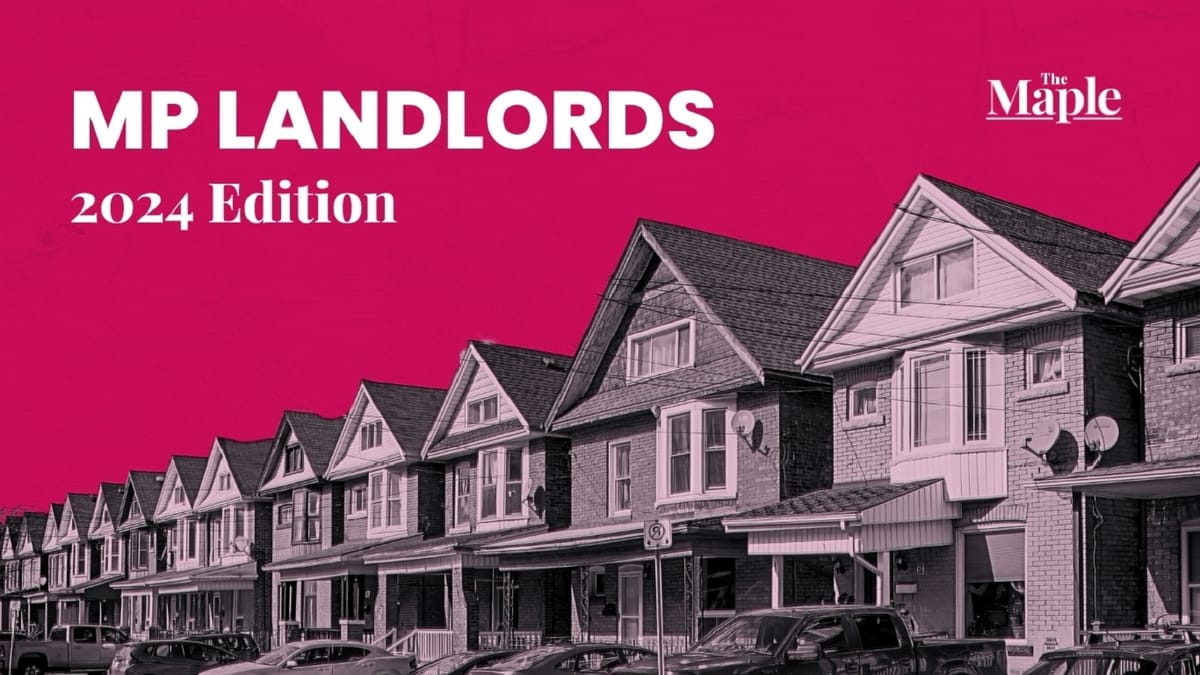
The Maple’s most-recent annual review of this data found that as of June 17, 2024, the following leaders fit into the criteria identified above: Prime Minister Justin Trudeau, Conservative Party leader Pierre Poilievre, NDP leader Jagmeet Singh and Green Party leader Elizabeth May.
The nature of the investments these leaders and/or their spouses have in real estate varies.
Trudeau’s investment in real estate, as noted on his Oct. 5, 2023, disclosure form, is, “Significant interest of 9190-0563 Quebec incorporated, a company based in Montreal, Quebec which produces and sells firewood and lumber and real estate development.”
Singh and May both have spouses that are landlords.
Singh’s April 15, 2024, disclosure shows that his wife is the sole owner of a partially-rented residence in Burnaby, B.C., on which she’s listed as having made rental income in the “last and next” 12 months.
May’s Jan. 16, 2024, disclosure notes that her husband is the sole owner of a partially-rented residence in Vancouver, on which he’s listed as having made rental income in the “last and next” 12 months. Her husband is also identified as the sole owner of a commercial farm in Ashcroft, B.C.
Poilievre, meanwhile, is a landlord, as is his spouse.
His Sept. 25, 2023, disclosure form states that he is the sole owner of a rental property in Ottawa, on which he’s listed as having made rental income in the “last and next” 12 months. His wife, meanwhile, is listed as being the sole owner of a different rental property in Ottawa, on which she has made rental income in the “last and next” 12 months.
The only head of a party with a seat in Parliament that did not meet the criteria is Bloc Québécois leader Yves-François Blanchet.
All of the parties headed by the leaders mentioned here have adopted policies that are pitched as being intended to combat the worst impacts of the ongoing “housing crisis.” The use of the term “housing crisis” has also been adopted at various points by each of the leaders, namely Trudeau, Singh, Poilievre and May.
However, political economist Ricardo Tranjan argues that there is no “housing crisis.” He writes, “The word crisis suggests something that is infrequent, surprising, and widely undesirable—something that leads to dire consequences unless it is brought under control. [...] In contrast, Canada’s ‘housing crisis’ is a permanent state of affairs that harms people in, or in need of, rental housing: roughly one-third of the country’s households. The other two-thirds own homes whose values rise much faster than those of other investment options.
Tranjan adds, “New homeowners may face high housing costs, but mortgage payments are accompanied by long-term growth in their personal wealth. Landlords, real estate investment firms, and developers operate in a stable and lucrative business environment.”
In some sense, then, these leaders all have a vested material interest in aspects of the housing crisis that harm so many Canadians. This, of course, does not mean they aren’t at all interested in or able to try combating some of these aspects. But it does highlight a disparity between party leaders and Canadians as a whole.
For example, a 2022 Statistics Canada document notes that in 2020, 7.9 per cent of Canadian families declared rental income. Meanwhile, 60 per cent of leaders of parties with at least one seat in Parliament have rental income listed on their disclosure forms (Trudeau is the exception, and is included for other reasons, as noted above).
Canada’s leaders have a different relationship to housing than most other Canadians.


